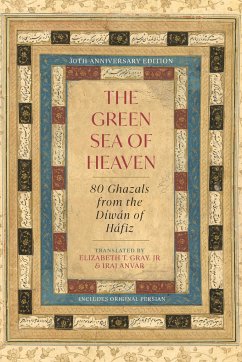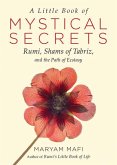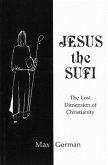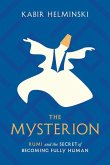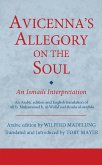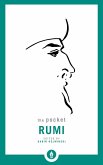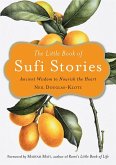"The authoritative Hafiz, including original Persian and brilliant English translations. Recent translations of Hafiz have been controversial. Omid Safi notes "there are so many fake translations of Hafiz, offering 'versions' that have no earthly connection to anything that the Persian poet and sage of Shiraz named Hafiz ever said. Elizabeth Gray offers us something different: poetic translations rooted in close readings of the original Persian, developed in consultation with a native speaker scholar." A ghazal was once understood to mean only lyric poetry of love. But what was courtly love concerned with wine and physical beauty became, in the hands of Sufis like Farid ud-Dâin 'Attar and Jalal ud-Dâin Rumi, a way to describe a mystic's relationship with God. Ghazals also then became ways to veil from theological and political conservatives Sufi teachings regarding the possibility of intuitive, personal union with the Divine. Hâafiz became the greatest Sufi poet, called both "Tongue of the Invisible" and "Interpreter of Mysteries." His command of traditional imagery and themes blends eroticism, mysticism, and panegyric into verse of unsurpassed beauty. Eighty of his ghazals are presented here, with Persian originals on facing pages to brilliant English translations. In the afterword, Persian scholar Daryush Shayegan notes how "there is no antagonism between the earthly wine and the divine wine, just as there is none between profane love and the love of God, since one is the necessary initiation to the other.""--
Hinweis: Dieser Artikel kann nur an eine deutsche Lieferadresse ausgeliefert werden.
Hinweis: Dieser Artikel kann nur an eine deutsche Lieferadresse ausgeliefert werden.

